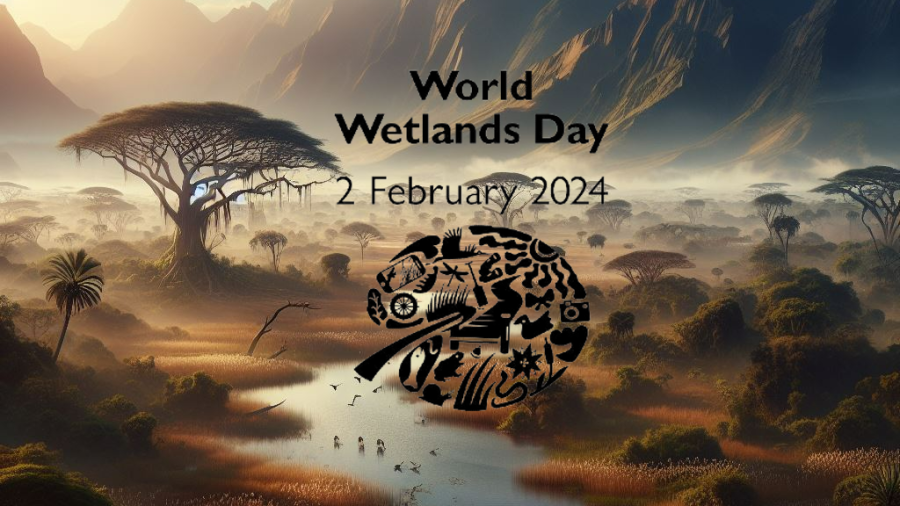Summary
This blog post is the first of a series of three that discuss how project managers can navigate challenges associated with agro-processing projects in Africa. The focus of this article is on the development of business cases that accurately reflect the needs of the customer for processed food products. Agro-processing is an essential part of the agri-business value chain in Sub-Saharan Africa, contributing significantly to the region’s GDP. However, Agro-processing projects in Africa can be complex, and not identifying the right customers and understanding their needs can result in a waste of resources, low demand for products, and negative impacts on the local economy. To navigate these challenges, project managers can use the Base of Pyramid (BOP) approach, which involves identifying and creating value for low-income consumers while generating a profit for the business.
 The Agro-processing industry in Sub-Saharan Africa.
The Agro-processing industry in Sub-Saharan Africa.
First of all, let’s briefly explore Agro-processing in Africa. The Agro-processing industry is an essential part of the agri-business value chain in Sub-Saharan Africa. The industry involves the transformation of agricultural produce into value-added products such as food, beverages, textiles, and pharmaceuticals. The Agro-processing industry in Sub-Saharan Africa contributes significantly to the region’s GDP. According to the African Development Bank, the Agro-processing industry accounts for 10% of Sub-Saharan Africa’s GDP and is expected to reach $1 trillion by 2030. The market size of the industry is projected to grow at a CAGR of 3.8% between 2020 and 2025.
The potential value of the Agro-processing industry in Sub-Saharan Africa is enormous. The region has abundant agricultural resources, including land, water, and a favorable climate, which can support the growth of the industry. The industry has the potential to create jobs, increase food security, and provide income to farmers. Additionally, the growth of the industry can stimulate economic growth by creating a demand for goods and services, including transportation, energy, and financial services.

Agro-processing in Africa: Taking the first step
Although Agro-processing projects in Africa have the potential to succeed, they can be quite complex. The industry is diverse, and many different locales and cultures are involved. Drawing from our experience at Projects Advisory services and Solutions (PasSolutions), we’ll now share some insights on how project managers can navigate the first critical step on an Agro-processing project i.e. Developing business cases for project investments that correctly reflect the needs of the customer for processed food products.
Business cases entail conducting market surveys and carrying out proper customer segmentation that will be used to justify the benefits in relation to the costs that will be incurred in installing an Agro-Processing project. Not identifying the right customers and understanding their needs when planning an Agro-business investment can lead to:
- Waste of Resources: Agro-processing projects that do not correctly reflect the needs of the customer for processed food products may result in the waste of resources, including time, money, and other inputs. This could lead to a significant financial loss for the investors and a lack of economic development for the countries involved.
- Low Demand for Products: Projects that are not based on the actual needs of the customers may result in the production of goods that are not in demand. This could lead to a situation where there is an oversupply of goods, which may lead to a price crash, lower profits, and low returns on investment.
- Negative Impact on the Local Economy: When Agro-processing projects fail, it could have a ripple effect on the local economy. This could lead to a loss of jobs, reduced income for farmers, and negative impacts on the supply chain.
There are numerous examples in Sub-Sahara Africa of promising Agro-processing initiatives that failed because they mishandled this critical business case step:
Nigeria: A fruit processing project in Nigeria failed due to a lack of proper market research and a poorly conducted feasibility study. The project was not designed to meet the actual needs of the customers, leading to a low demand for the product.
Ghana: A cassava processing project in Ghana failed due to a lack of proper planning and management. The project was not properly aligned with the needs of the market, leading to low demand for the product.
Botswana: A tomato processing project in Botswana failed due to a lack of proper market research and a poorly conducted feasibility study. The project was not designed to meet the actual needs of the customers, leading to a low demand for the product.
Kenya: A mango processing project in Kenya failed due to a lack of proper planning and management. The project was not properly aligned with the needs of the market, leading to low demand for the product.
South Africa: A canned fish project in South Africa failed due to a lack of proper market research and a poorly conducted feasibility study. The project was not designed to meet the actual needs of the customers, leading to a low demand for the product.






 The Agro-processing industry in Sub-Saharan Africa.
The Agro-processing industry in Sub-Saharan Africa.